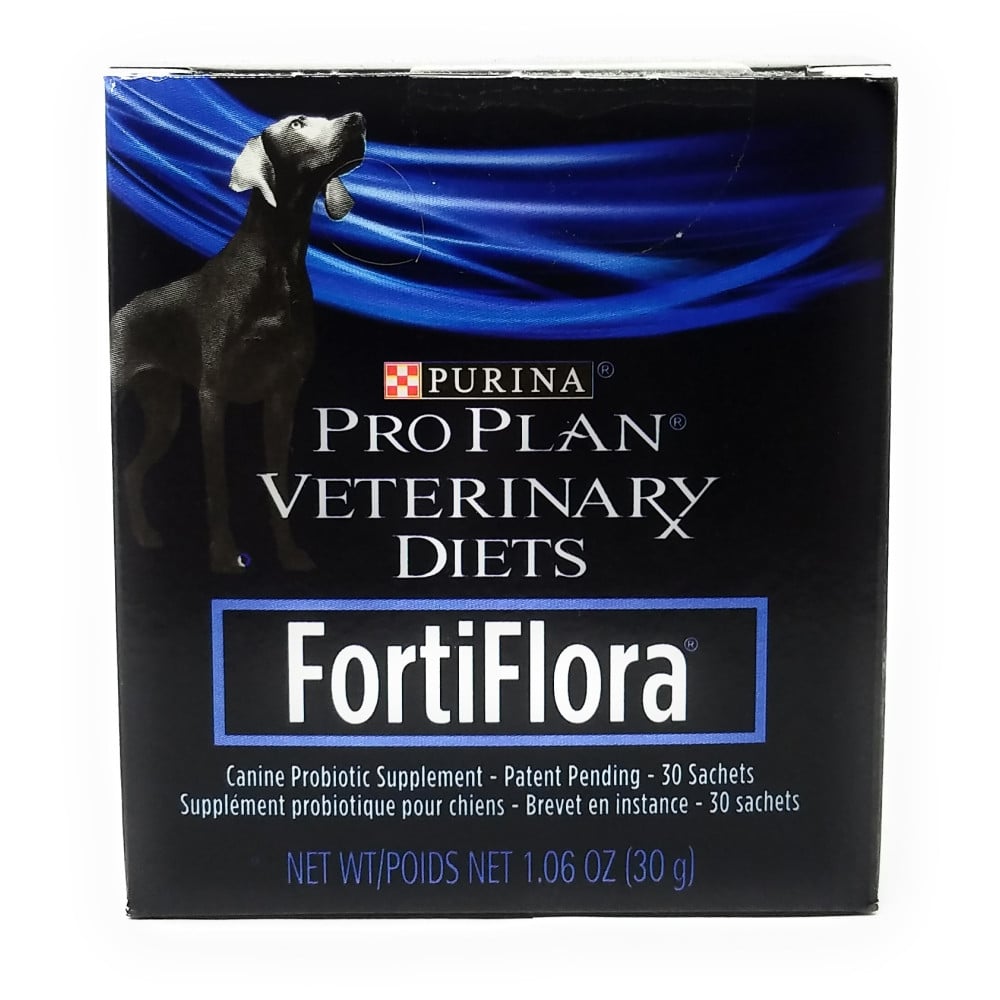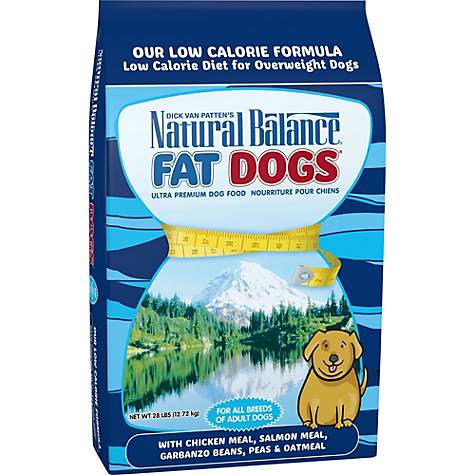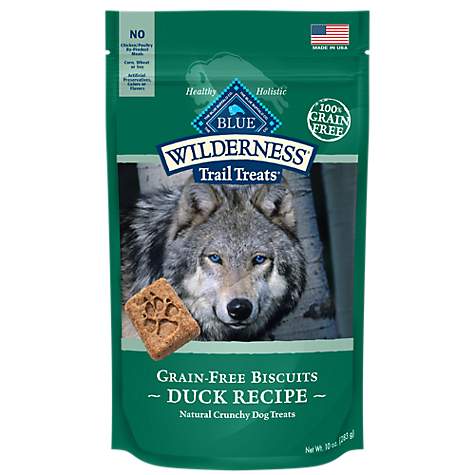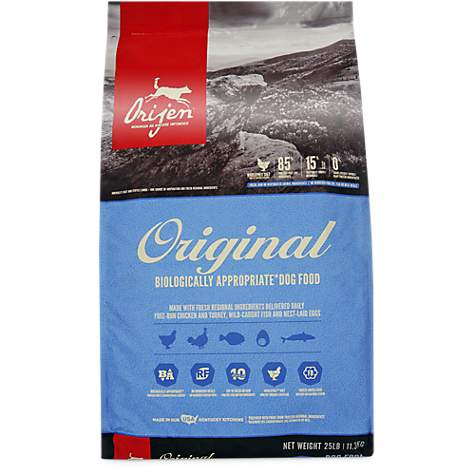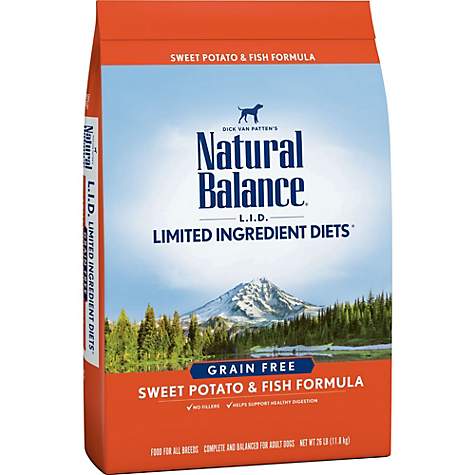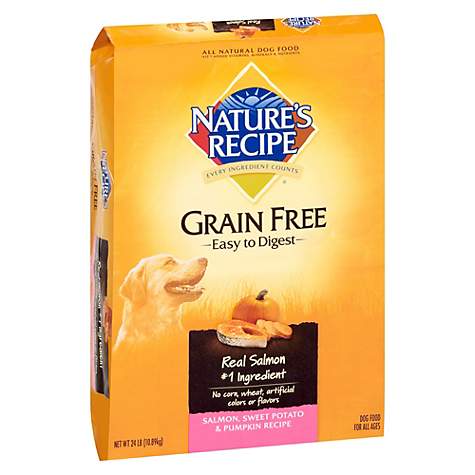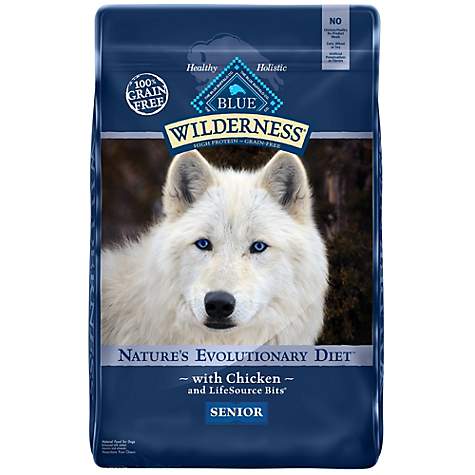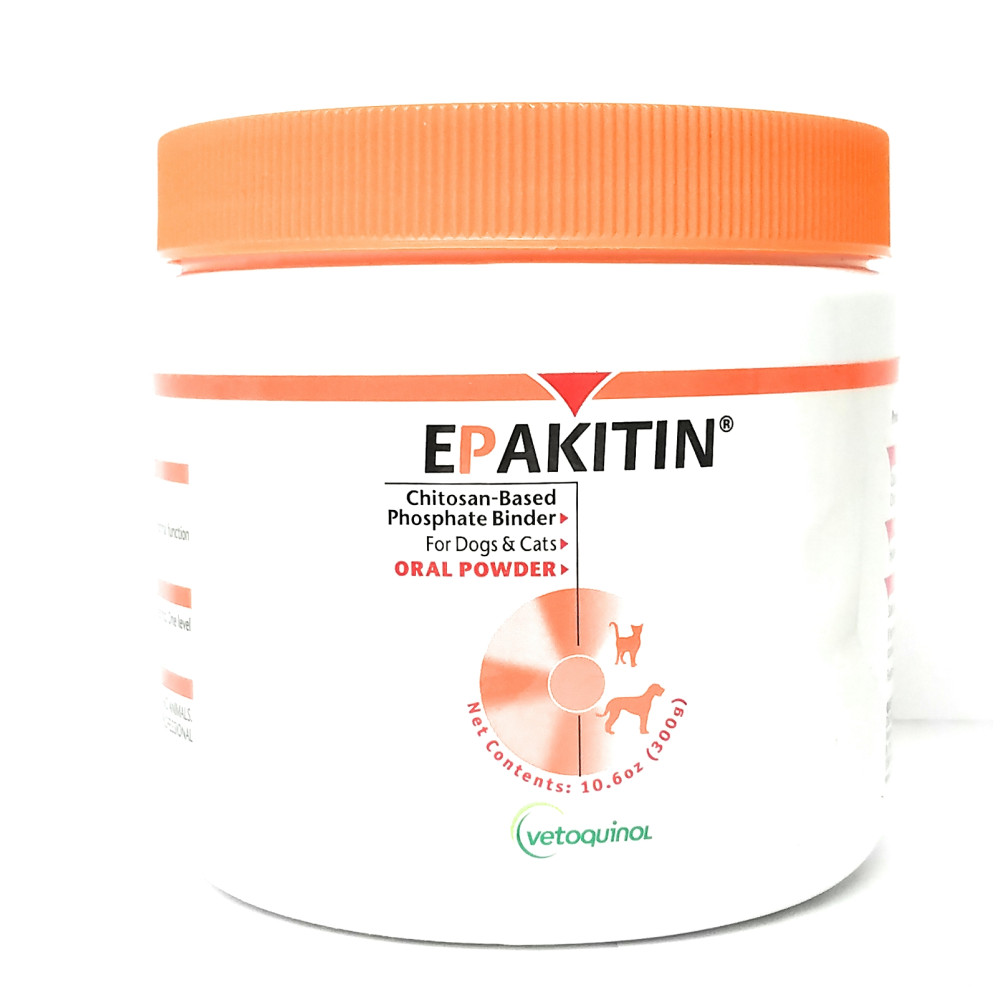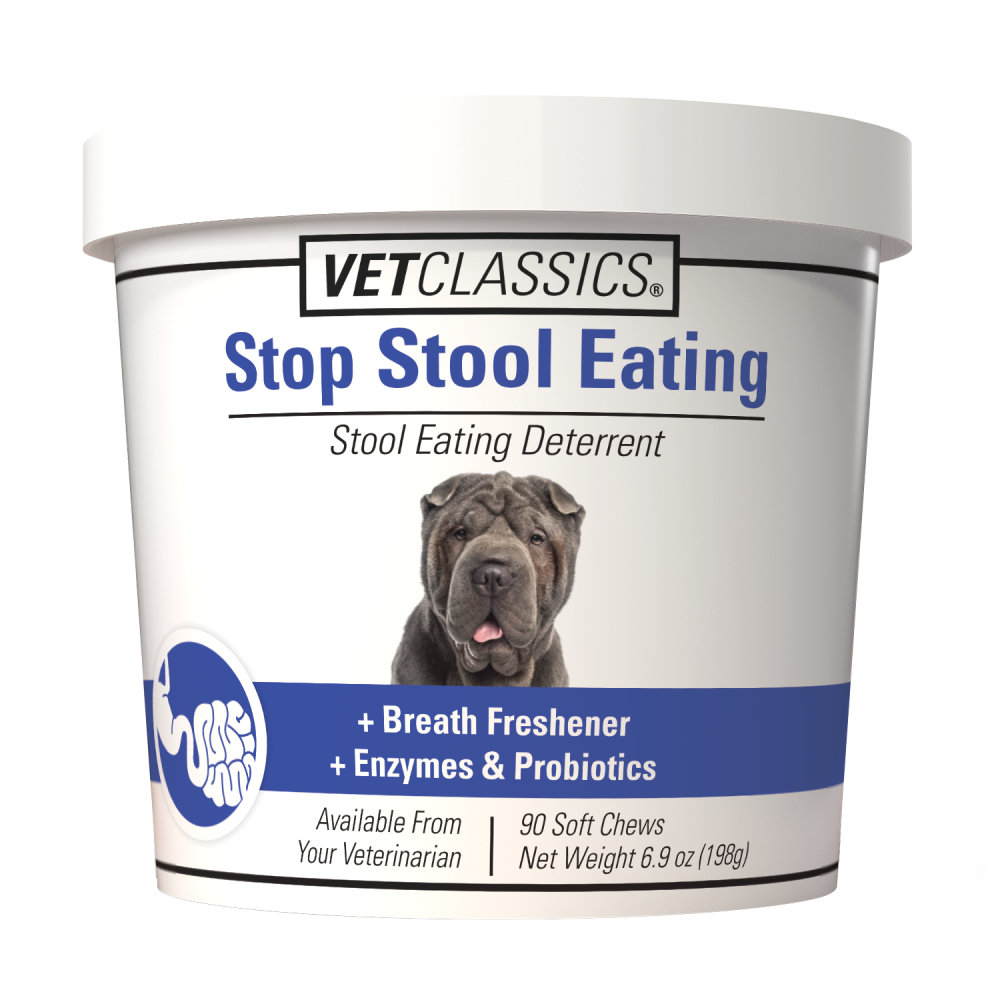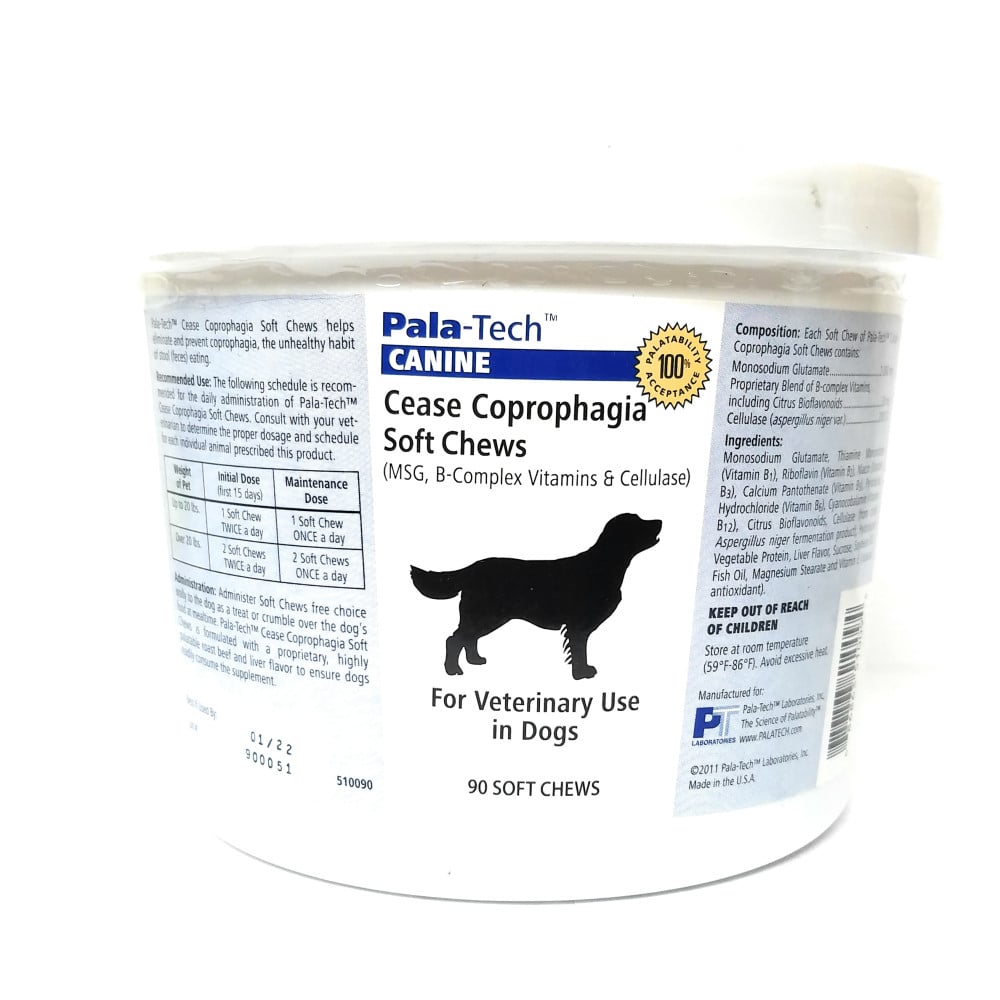Toxic Foods & Substances - NOT for any dog - More than just chocolate!
It's hard, when your Malamute is sitting there giving you sad eyes, starvation eyes, it's hard to avoid giving him treats he shouldn't have ....but it's important you do resist. Dogs are a different species than us and because of this, some foods that are perfectly fine for humans, can be dangerous, toxic, or upsetting to a dog. They could be fatal to a puppy! As a pet parent, it's your responsibility to know what these foods are and make sure your Malamute doesn't get these foods - either by your hand or theft. Because we all know Malamutes are world class thieves it's important that these foods are put safely into the trash where your Malamute cannot steal them.
A tiny amount of some items may not be fatal, but if your dog has undiagnosed liver disease and you give him something that is toxic to the liver you may inadvertently push his health over the cliff. Like any toxin, there are variables - the size of the dog, the toxicity of the food, how much was ingested, the dog's overall health and any underlying food allergies or sensitivity. Because of all this, it's impossible to say how much of a substance constitutes a toxic dose. I remember once Shadow somehow managed to steal an entire 9x13" pan of triple chocolate brownies...and merely threw up a huge mess... it could have been much much worse! If a large dog eats one grape, or one M&M it likely won't hurt - but on the other hand, a stolen piece of sugar-free gum with xylitol can be deadly to even a large dog. A dog prone to pancreatitis can have a deadly relapse triggered by eating cat food, nuts or some other fatty food...so it pays to be vigilant! Just because your dog has eaten something before and lived to tell about it, doesn't make it safe. Many toxic foods can create unseen effects like organ damage that are not immediately apparent.
Toxic Foods to Avoid at all Costs!
- Chocolate, Cocoa powder, chocolate chips, baking chocolate - how toxic will depend on the type of chocolate (darker is worse), whether the dog has an empty stomach, and sensitivity. Theobromine is the toxic ingredient in chocolate. It serves to stimulate the central nervous system, resulting in rapid heart rate, seizures, tremors, vomiting, diarrhea, drooling, panting and fast pulse.
- Grapes/Raisins - will trigger acute renal (kidney) failure. Kidneys act as filters for toxins in a dog's body. With too many grapes/raisins urine production will slow significantly or cease in animals who have compromised kidneys. Symptoms include vomiting, diarrhea, abdominal pain and lethargy.
- Onions/Garlic - thiosulphate in onions can trigger a form of anemia where the body's red blood cells burst. This results in poor oxygen supply to vital organs and tissues. When fed in small amounts, serious and potentially deadly nutritional deficiencies can also result. This may be especially true with a puppy that is still growing. Avoid baby foods that often contain onion powder, french onion soup, and gravy may contain onions or garlic and should be avoided. Symptoms include hemolytic anemia, labored breathing, liver damage, vomiting, diarrhea and discolored urine.
- Avocado - this is one I didn't know about! Avocado fruit, pits, leaves and the actual plant are potentially poisonous to dogs, cats, mice, rats, birds, rabbits, horses, cattle and goats! Avocado will trigger fluid accumulation in the lungs and chest, leading to difficulty breathing and death due to oxygen deprivation. Fluid accumulation can also occur in the heart, pancreas, and abdomen.
- Tomatoes, Potatoes & Rhubarb - these contain oxalates, which trigger abnormalities with the nervous system, kidneys and digestive tract. Especially toxic are green tomatoes, green potatoes, potato skins and tomato leaves and plants which can trigger tremors, seizure and heart arrhythmia, so avoid giving your dog that left over spaghetti and securely fence your garden to keep your Malamute out! Mals have been known to raid tomato plants for the red or green tomatoes! Obviously they like them and don't realize the damage they can do.
- Cat food & fatty foods - are high in fats and protein. When ingested in large amounts or on a regular basis, the food can cause potentially deadly pancreatitis. All high fat foods, particularly ham and bacon - have the ability to trigger pancreatitis too. Use caution when offering scraps that are high in fat. Symptoms include sudden or gradual pain, nausea, vomiting, fever, chillls, swollen abdomen, rapid heartbeat, weakness, lethargy, irritability, confusion, headache, anemia and liver problems.
- Alcohol - Dogs cannot tolerate alcohol, even in small amounts. The hops in beer is potentially toxic to dogs. While it may be funny to watch a "drunk" dog - it's not really funny at all because the dog, when acting "drunk" is actually being poisoned - which can result in liver failure, coma, seizures and death.
- Nuts - Macadamia nuts and walnuts are toxic to dogs, first because they are high in fats and can trigger pancreatitis but also dogs can be allergic. The high phosphorous content can lead to bladder stones. Dogs can develop a tremor of the skeletal muscles, weakness or paralysis of the hindquarters. affected dogs are often unable to rise and are distressed, usually panting. Some dogs get swollen limbs and have pain when limbs are manipulated. Peanut allergies are just as common in dogs as they are in people. A dog that is allergic to peanuts can suffer a reaction by just smelling the peanuts or peanut butter!
- Mushrooms - contain toxins that will trigger numerous organ systems, including the kidneys, liver and brain to shut down. Nervous system abnormalities, seizure, coma, vomiting, and death can result. The type of mushroom is a big factor in the amount of toxicity. Symptoms include abdominal pain, drooling, liver damage, kidney damage, vomiting, diarrhea, convulsions, coma, death.
- Xylitol - is a sugarless sweeter used in sugarless gum and candy. It is very toxic to dogs. Vomiting is usually the first symptom, then 30-60 minutes later hypoglycemia (low blood sugar, coma, death) can occur. In some cases with gum, hypoglycemia can be delayed up to 12 hours. In severe over doses, dogs do not display signs of hypoglycemia prior to the onset of liver failure. Instead lethargy, vomiting, small spots of bleeding on the skin and mucus membranes, gastric hemorrhage occur (bleeding in the stomach). An amount as small as .05g/kg can cause liver failure. Even if you’ve never heard of xylitol before, it’s likely that you have a lot of it in your home. Here are some common household products that commonly contain xylitol:
Chewing gumMintsPuddingJelloSyrupPeanut butterJam & JelliesFruit drinksSugar-free candyToothpasteMouthwashVitamin supplementsEssential oilsNasal spraysIce CreamMakeup
- Ibuprofen & Antifreeze - smell sweet, so dogs will eat if found lying around. It causes ulceration and perferates the lining of the stomach and decreases blood flow to the kidneys. Antifreeze is an immediate trip to the vet - don't wait even a few seconds for symptoms - the faster you get there, the better chance your dog has to live. Antifreeze ingestion is an extreme emergency.
- Raw eggs & egg whites - contain an enzyme called avidin which decreases the absorption of biotin (a B vitamin). This can lead to skin and coat problems. Raw eggs can also contain salmonella.
- Raw fish - can cause obstruction or laceration of the digestive system. An exception to this is raw salmon, which Malamutes have eaten for thousands of years frozen and has soft bones. This is not a good overall diet however, because excessive use can lead to thiamine deficiency, loss of appetite, seizures, and in severe cases, death.
- Nutmeg, Mace - in large doses can cause abdominal pain, vomiting and central nervous system excitement followed by profound drowsiness - and eventual death.
- Tobacco - keep those cigarette butts away from your dog! Nicotine contains a poisonous alkaloid derived from the tobacco plant used as an insecticide. Symptoms of poisoning included dizziness and nausea. Some pets are attracted to products that are supplemented with flavors such as honey, molasses, and sugars. In dogs, 10 mg/kg per pound is potentially lethal. Most symptoms appear within an hour of ingestion and can induce paralysis of the breathing muscles, and the dog may die from inability to breathe. Also, tremors, weakness, stumbling/in coordination, depression, hyperactivity, lethargy, fast breathing/difficulty breathing, drooling, dilated pupils, vomiting, diarrhea, seizures, collapse, slow or fast heart rate and cardiac arrhythmia's.
- Citrus Oil - d-limonene and linalool are citrus oils with insecticide properties, and are metabolized in the liver and cause liver failure. Cats are more sensitive than dogs. Symptoms include strong citrus smell to the skin, drooling, depression, weakness, hypothermia, trembling, ataxia, low blood pressure, dermatitis especially in the scrotal or perineal areas.
- Yeast and dough containing yeast - can expand and produce gas in the digestive system, causing pain and possible bloat (rupture of the stomach or intestines).
- Liver - large amounts can cause Vitamin A toxicity, which affects muscles and bones.
- Apricots, apples, cherries, peaches and plums - ingestion of stems, seeds and leaves of these fruits can be toxic. They contain a cyanide type compound and signs of toxicity include apprehension, dilated pupils, difficulty breathing, hyperventilation and shock. The fruit isn't toxic, but fruit fallen from trees still contains seeds, stems and leaves which are - and most Malamutes aren't going to spit out the seeds! It's strongly suggested to fence around these trees so dogs can't pick up fruit that falls and eat it.
- Marijuana - Can depress the nervous system, causing vomiting and changes in heart rate.
- Human Iron supplements - can damage the lining of the digestive system and be toxic to other organs including liver and kidneys.
If your Malamute ingests any of these substances, especially in large quantities, contact the ASPCA Poison Control Center at 888-426-4435 for more information and if showing any symptoms, get him/her to a vet immediately.
Another helpful chart
| Alcoholic beverages | Can cause intoxication, coma, and death. |
| Baby food | Can contain onion powder, which can be toxic to dogs. (Please see onion below.) Can also result in nutritional deficiencies, if fed in large amounts. |
| Bones from fish, poultry, or other meat sources | Can cause obstruction or laceration of the digestive system. |
| Cat food | Generally too high in protein and fats. |
Contains theobromine, or theophylline which can be toxic and affect the heart and nervous system. Be aware of cocoa mulch in gardens -it has been linked to many pet deaths!!!! |
|
| Coffee, tea, and other caffeinated beverages | Contain caffeine, which can be toxic and affect the heart and nervous systems. |
| Citrus oil extracts | Can cause vomiting. |
| Fat trimmings | Can cause pancreatitis. Malamutes need a good amount of fat compared to other breeds, but too much in a sensitive dog can cause this painful condition. |
| Grapes and raisins | Contain an unknown toxin, which can damage the kidneys. There have been no problems associated with grape seed extract. |
| Hops (an ingredient in Beer) | Unknown compound causes panting, increased heart rate, elevated temperature, seizures, and death. |
| Human vitamin supplements containing iron | Can damage the lining of the digestive system and be toxic to the other organs including the liver and kidneys. |
| Lettuce | Irritating to the stomach, may cause vomiting. |
| Large amounts of liver | Can cause Vitamin A toxicity, which affects muscles and bones. |
| Macadamia nuts | Contain an unknown toxin, which can affect the digestive and nervous systems and muscle. |
| Marijuana | Can depress the nervous system, cause vomiting, and changes in the heart rate. It's the THC that causes problems, if you use CBD for your dog make sure it has not THC in it. |
| Milk and other dairy products | Some adult dogs and cats do not have sufficient amounts of the enzyme lactase, which breaks down the lactose in milk. This can result in diarrhea. Lactose-free milk products are available for pets. "Frosty Paws" or frozen yogurt is a good alternative to ice cream. |
| Moldy or spoiled food, garbage | Can contain multiple toxins causing vomiting and diarrhea and can also affect other organs. |
| Mushrooms | Can contain toxins, which may affect multiple systems in the body, cause shock, and result in death. |
| Onions and garlic (raw, cooked, or powder) | Contain sulfoxides and disulfides, which can damage red blood cells and cause . Cats are more susceptible than dogs. Garlic is less toxic than onions. |
| Persimmons | Seeds can cause intestinal obstruction and enteritis. |
| Pits from peaches and plums | Can cause obstruction of the digestive tract. |
| Potato, rhubarb, and tomato leaves; potato and tomato stems | Contain oxalates, which can affect the digestive, nervous, and urinary systems. This is more of a problem in livestock. |
| Raw eggs | Contain an enzyme called avidin, which decreases the absorption of biotin (a B vitamin). This can lead to skin and hair coat problems. Raw eggs may also contain Salmonella. |
| Raw fish | Can result in a thiamine (a B vitamin) deficiency leading to loss of appetite, seizures, and in severe cases, death. More common if raw fish is fed regularly. |
| Salt | If eaten in large quantities it may lead to electrolyte imbalances. |
| String | Can become trapped in the digestive system; called a "string foreign body." |
| Sugary foods | Can lead to obesity, dental problems, and possibly diabetes mellitus. |
| Table scraps (in large amounts) | Table scraps are not nutritionally balanced. They should never be more than 10% of the diet. Fat should be trimmed from meat; bones should not be fed. |
| Tobacco | Contains nicotine, which affects the digestive and nervous systems. Can result in rapid heart beat, collapse, coma, and death. |
| Yeast dough | Can expand and produce gas in the digestive system, causing pain and possible rupture of the stomach or intestines. |
| Xylitol (such as in Sugarless Gum and candy) | Xylitol triggers significant insulin release in dogs, which drops the blood sugar and can cause death. Liver damage is also a possibility. |
Some of the biggest dangers to pets are prescription medicines.
In 2007, the ASPCA Animal Poison Control Center received 89,000 calls related to pets ingesting over-the-counter and prescription medications. These are the top 10 medications that poison pets:
If you suspect your pet has ingested any of the following items, please call your veterinarian or the ASPCA Animal Poison Control Center’s 24-hour hotline at (888) 426-4435. And remember to keep all medications tucked away in bathroom cabinets safely away from curious cats and dogs.
- NSAIDs (non-steroidal anti-inflammatory drugs) like ibuprofen or naproxen are the most common cause of pet poisoning in small animals, and can cause serious problems even in minimal doses. Pets are extremely sensitive to their effects, and may experience stomach and intestinal ulcers and—in the case of cats—kidney damage.
- Antidepressants can cause vomiting and lethargy and certain types can lead to serotonin syndrome—a condition marked by agitation, elevated body temperature, heart rate and blood pressure, disorientation, vocalization, tremors and seizures.
- Acetaminophen Cats are especially sensitive to acetaminophen, which can damage red blood cells and interfere with their ability to transport oxygen. In dogs, it can cause liver damage and, at higher doses, red blood cell damage.
- Methylphenidate(for ADHD) Medications used to treat ADHD (Attention Deficit Hyperactivity Disorder) in people act as stimulants in pets and can dangerously elevate heart rates, blood pressure and body temperature, as well as cause seizures.
- Fluorouracil—an anti-cancer drug—is used topically to treat minor skin cancers and solar keratitis in humans. It has proven to be rapidly fatal to dogs, causing severe vomiting, seizures and cardiac arrest even in those who’ve chewed on discarded cotton swabs used to apply the medication.
- Isoniazid Often the first line of defense against tuberculosis, isoniazid is particularly toxic for dogs because they don’t metabolize it as well as other species. It can cause a rapid onset of severe seizures that may ultimately result in death.
- Pseudoephedrine is a popular decongestant in many cold and sinus products, and acts like a stimulant if accidentally ingested by pets. In cats and dogs, it causes elevated heart rates, blood pressure and body temperature as well as seizures.
- Anti-diabeticsMany oral diabetes treatments—including glipizide and glyburide—can cause a major drop in blood sugar levels of affected pets. Clinical signs of ingestion include disorientation, lack of coordination and seizures.
- Even small exposures to Vitamin D analogues like calcipotriene and calcitriol can cause life-threatening spikes in blood calcium levels in pets. Clinical signs of exposure—including vomiting, loss of appetite, increased urination and thirst due to kidney failure— often don't occur for more than 24 hours after ingestion.
- Baclofen is a muscle relaxant that can impair the central nervous systems of cats and dogs. Some symptoms of ingestion include significant depression, disorientation, vocalization, seizures and coma

